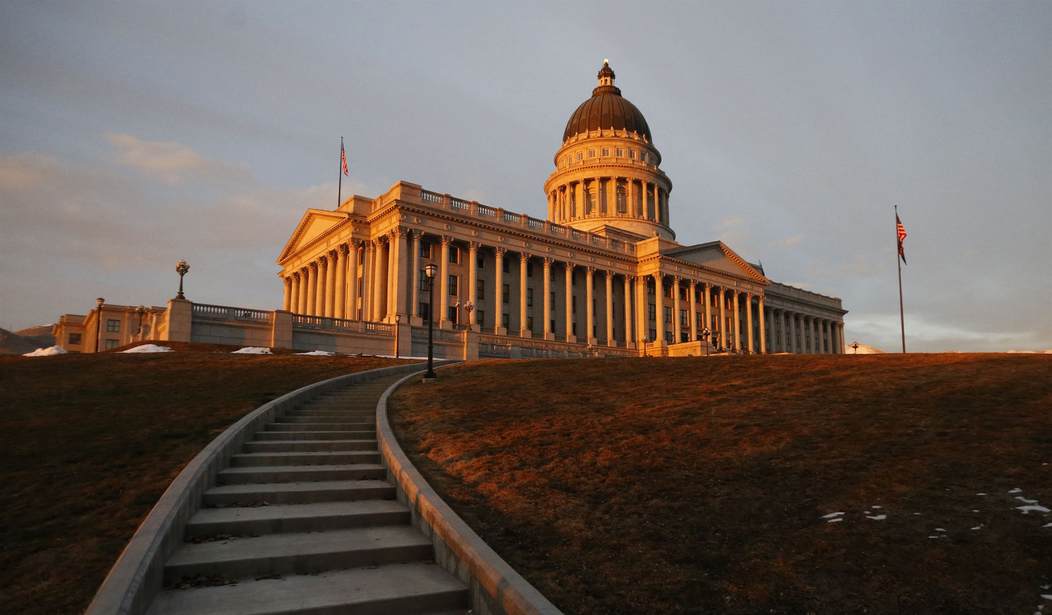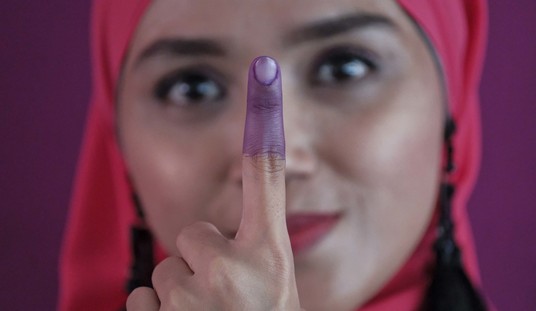Utah has been an interesting place to live during the last decade. When most people think of the state, images of Mormons and ski resorts come to mind. And if one is old enough, one may also think of the Osmonds. And while much of the state remains red, it is turning bluer by the minute. Sometime in the next five years, I would not be surprised if the Beehive State becomes purple, drifting eventually into red. Of course, some areas of the state, such as Salt Lake and Park City, have been progressive for quite a while. Many celebrities have second homes in and around Park City and Deer Valley, and as I write this, the Sundance Film Festival is heading into its final days. The skiing and Sundance always bring a contingent of people into the state that one would not normally associate with Utah. And the Great Migration of blue state refugees has altered the social and political landscapes.
Besides crowded roads and new construction, natives and long-term residents of Utah are grappling with what it means to have the world and its issues arrive at the doorstep and how what has been perceived as "traditional" Utah values will be challenged and changed. In our old neighborhood, one transplant floated the idea of starting an all-girls Boy Scout troop. She had to pause the comments on her Facebook post because, at the time, the LDS Church was still deeply involved in scouting, and the locals were having none of that static.
I don't think the state will loosen up its liquor laws. There is too much money to be made from the state stores. That isn't much of a problem if you live near the state line. Convenience stores across the borders are full of Utahns looking for booze and lottery tickets and pretending not to recognize one another. Years ago, I used to see plenty of familiar faces when I made a quick dash to Colorado for "real beer."
During this session, the Utah legislature is wrestling with more than booze. Fox 13 notes that the Utah House and Senate have both passed H.B. 261, which is known as the "Equal Opportunity Initiatives." If signed into law, it would replace DEI efforts with "Student Success Centers" in schools, nix the requirement for diversity statements on state job applications, and prohibit trainings "that promote political ideologies." The bill was opposed by progressive legislators who hold that it erases identities, and that there is no data to support the idea that there are any problems with DEI initiatives. Others claim that the bill will keep students from having discussions about things such as voter suppression. I suspect Governor Spencer Cox will sign it. But schools in other parts of the nation have found ways to do an end-run around similar laws.
Before moving on, it is important to remember one thing about Utah. Everyone here is persecuted. The progressives say they are persecuted by conservatives and their straight-laced values. The conservatives claim to be persecuted by the progressives, who are taking over the state with their wanton West Coast ways. The non-Mormons state that they are persecuted by the Mormons for their religious beliefs or lack thereof. The Mormons, on the other hand, will tell you that they have been persecuted by everyone else in the U.S., which is why they had to move to Utah in the first place. I'm relatively sure I've been persecuted at some point. Once I figure it out, I'll let you know.
H.B. 257, titled "Sex-Based Designations for Privacy, Anti-Bullying, And Women's Opportunities," would mandate that people use the bathroom, locker room, or changing room that corresponds with their sex at birth. KUTV reports that exceptions could be made for someone with an unaltered birth certificate or proof that he or she has undergone the requisite surgery and hormone therapy. In other words, one's choice cannot be based on how one feels on any given day. The bill would also mandate the creation of single-sex bathrooms for student use. The bill was drafted in part:
... To preserve the individual privacy of males and females, an individual may only access an operational sex-designated privacy space in a facility that is open to the general public if: the individual's sex corresponds with the sex designation of the privacy space; or the individual has legally amended the individual's birth certificate to correspond with the sex designation of the privacy space, which may be supported with a review of any amendment history. (sic)
The bill passed the House, and once it hit the Senate, Majority Leader Stuart Adams told that body the bill would not prohibit trans people from using bathrooms that match their identity but would keep people from using bathrooms for purposes such as voyeurism or lewdness, particularly lewdness involving a child. In other words, the law is meant to prohibit bad actors from doing nefarious things under the cover of being transgender. At last check, the Senate had come up with a substitute bill. Republican Senator Dan McCay's substitution would focus on actions instead of gender.
Via Fox 13:
While the bill does not define who can or can't enter a public sex-designated bathroom, it does enhance criminal charges for those who commit "offensive" behavior in private spaces.
Transgender restrictions still apply to changing rooms under the newly introduced bill.
The bill would apply to bathrooms and changing rooms in government facilities, with some exceptions.
The substitution was on its way back to the House. Opponents of the original bill claim that it targets transgender people. Because in the parlance of the Left, "compromise" means giving progressives everything they want. Then, they will leave you alone until they decide they want something else. And so it goes. You pay the Dane the Danegeld for the rest of your life.
Utah still has some legislators trying to keep the guardrails up in the state. How much that will change in the next five years is anybody's guess.










Join the conversation as a VIP Member